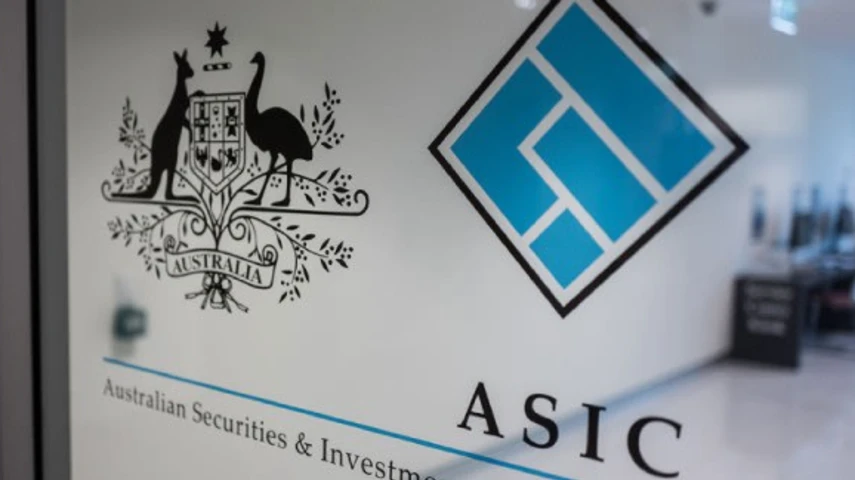Super trustees slammed for excessive delays in death benefit payouts



Superannuation trustees are failing grieving Australians, with an ASIC review uncovering excessive delays, poor service, and systemic failures in processing death benefit claims.
The Australian Securities and Investments Commission (ASIC) has handed down 34 recommendations to superannuation trustees following an alarming review of death benefit claims handling, exposing excessive delays, poor customer service, and systemic failures that have exacerbated the grief of beneficiaries.
ASIC’s report, Taking ownership of death benefits: How trustees can deliver outcomes Australians deserve (Report 806), examined the claims-handling practices of 10 trustees representing 38 per cent of all member benefits in APRA-regulated super funds. The findings revealed significant deficiencies across the industry, with ASIC Chair Joe Longo calling for urgent leadership and reform.
ASIC reviewed Australian Retirement Trust, Avanteos (Colonial First State), Brighter Super, Commonwealth Superannuation Corporation, HESTA, Hostplus, NM Super (AMP), Nulis (MLC), Rest, and UniSuper.
“At the heart of this issue is leadership that doesn’t have a grip on the fund’s data, systems and processes – and ultimately it is the customers who suffer for it,” said Longo.
“This kind of disconnect is unacceptable in any area of corporate Australia, but in the superannuation sector it is particularly serious, because super affects everyone from the boardroom to the living room.”
The report highlighted substantial variation in claims handling times. While the fastest trustee closed nearly 48 per cent of death benefit claims within 90 days, the slowest trustee managed only 8 per cent in the same timeframe. ASIC also found that 78 per cent of claims reviewed had delays caused by processing issues within the trustee’s control.
“Grieving Australians should not have to suffer further stress because of the failure of superannuation trustees to approach claims in a timely, clear, and respectful manner,” said ASIC Commissioner Simone Constant.
“Trustees have not put in place meaningful performance objectives, tracking or reporting, and have failed to approach claims handling with consumers front of mind.”
One of the most distressing cases involved a First Nations widow who waited over 500 days to receive a $100,000 death benefit.
“Many of the complaints we read were distressing. We saw deep grief, vulnerability, frustration, and genuine suffering,” Constant said. “The money from a death benefit can make a huge difference, and each day a trustee delays that payment causes real harm to families. Trustees need to do better.”
ASIC’s recommendations focus on improving customer service, monitoring claims-handling timeframes, streamlining processes, enhancing staff training, and removing barriers for vulnerable claimants, particularly First Nations members. The regulator has also put the industry on notice, stating it will review trustees’ progress to ensure meaningful change is made.
Earlier this month, ASIC launched civil penalty proceedings against AustralianSuper over alleged delayed processing of nearly 7,000 death benefit claims.
In November last year, ASIC also filed civil penalty proceedings against United Super Pty Ltd, the trustee of Cbus after alleging more than 10,000 members and claimants were impacted by death benefits and total and permanent disability insurance claims taking more than 90 days to be processed.
Recommended for you
Prime Minister Anthony Albanese has called a federal election for 3 May, seeking to capitalise on Labor’s recent budget, just hours after Peter Dutton outlined his economic plan and accused the government of fuelling inflation through excessive spending.
Australia’s largest super fund, AustralianSuper, has divested its stake in WiseTech Global, citing concerns over the company’s governance and management, which failed to meet the fund’s expectations.
While the superannuation sector has welcomed stability in super settings, statements following Tuesday’s budget announcement indicate there are areas the sector believes the budget fell short.
Treasurer Jim Chalmers' fourth budget revealed a $207 billion fiscal turnaround, with tax receipts, superannuation revenue, and debt reduction playing key roles.












